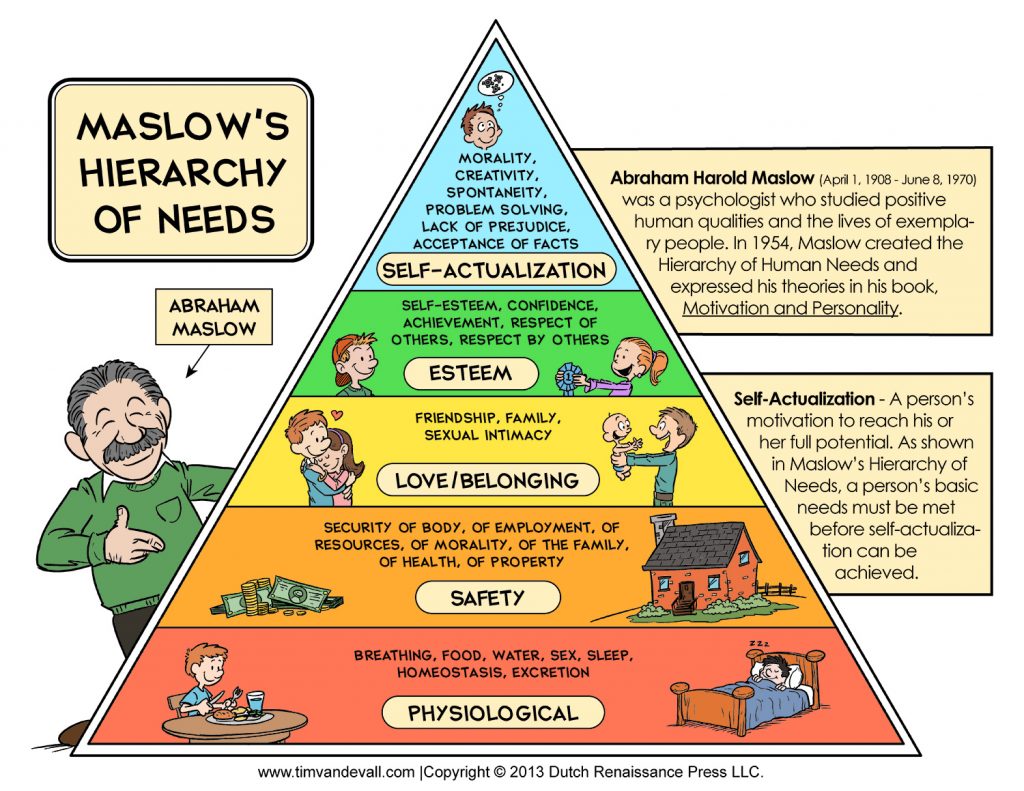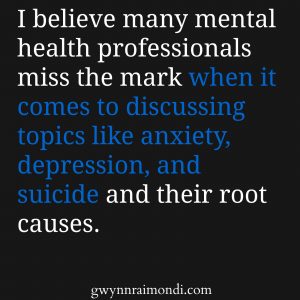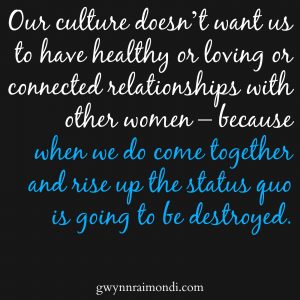How can I be substantial if I do not cast a shadow? I must have a dark side also If I am to be whole. ~C.G. Jung
I wrote last week about the process of individuation, what it is, what it means, and if it’s even necessary. This week I want to dig a bit deeper into this part of our human evolution, part of what it may look like, and why it it is important for the shifting and changing of our patriarchal culture.
To be honest, our culture doesn’t want us to move through this process. It doesn’t want us to know our own minds, to be self-aware, or to bring our unconscious and shadow into consciousness and light. Because when we do this, when we move from a state of unconscious reaction to a place of mindful being, well, our authoritarian culture starts to fall apart.
As you know, I deeply believe that the personal is political; that we need both self-actualization AND social liberation to become truly free.
How can we begin this process? How can we begin to take off the cultural leashes that have been put on us? How can we shift from a place of unconscious reaction to mindful being?
A possible place to begin is by unearthing, examining and then releasing from our being all those stories we each have about being too much, being not enough, being ashamed of who we are, being ashamed of our very existence.
Those stories we’ll all been fed since birth. By our families. By our communities. By our culture.
Those stories that got into our skin and sinew and bone.
Those stories that keep us quiet, small, focused on pleasing and caring for others while sacrificing our own pleasure and care.
Releasing these stories is a life long process. We release them in layers. I think of this work in terms of a three dimensional spiral that we move up and down, in and out of. We each have many aspects to these stories we all hold, unique to our own lived experience and ancestral history.
As we unearth, examine and release each piece, however, we are creating space for different ways of being. As we bring each of these stories out of our unconscious and into our consciousness, we can mindfully shift the ways we are in the world and with ourselves.
It isn’t a direct path. There is no lock-step prescribed “right” way of doing this work.
And.
There are some pretty common tools and processes that we can all use to connect to these stores and move them out of our being.
I talk more about this in the 12 minute video below ::
This essay and video series is in part to share with you the topics we’ll be unearthing, unraveling, and unlearning in the six month circle Becoming Unleashed. We begin September 22. If you are interested, you can learn more and request an application here. xoxo
To read the other essays and view the other videos in this series, click the links below ::
Self Actualization in Community
 When we look at Maslow’s Hierarchy (right), individuation (what Maslow calls “self actualization”) is that the “top” of the pyramid. This implies that it cannot be achieved unless the other needs are met. As in, if you do have stable sources of food and shelter, you aren’t going to be working on “self-awareness” – you’re going to be working on finding stable sources of food and shelter!
When we look at Maslow’s Hierarchy (right), individuation (what Maslow calls “self actualization”) is that the “top” of the pyramid. This implies that it cannot be achieved unless the other needs are met. As in, if you do have stable sources of food and shelter, you aren’t going to be working on “self-awareness” – you’re going to be working on finding stable sources of food and shelter! As I continued talking in my session, I realized how I believe many mental health professionals miss the mark when it comes to discussing topics like anxiety, depression, and suicide and their root causes. How they ignore the impacts living in this culture has on all of us. How the interconnections and intersections of our own lived experiences, our culture, and our ancestral history affect us. How living in a culture where women and girls are only seen as valuable when it comes to the male gaze. How sexual assault and harassment take their toll on our mental and physical health – DAILY – whether we have personally experienced either or now. How witnessing rape and or being raped impact us to the point of considering and for some attempting suicide (According to the National Center for PTSD, it’s estimated that one in three women who have been raped contemplate suicide, and one in 10 victims attempt it.) How culturally it is more important to us to protect rapists than the person who was raped. (Remember how Brock Turner received an incredibly lenient sentence because the (white male) judge didn’t want to impact Brock’s precious future?)
As I continued talking in my session, I realized how I believe many mental health professionals miss the mark when it comes to discussing topics like anxiety, depression, and suicide and their root causes. How they ignore the impacts living in this culture has on all of us. How the interconnections and intersections of our own lived experiences, our culture, and our ancestral history affect us. How living in a culture where women and girls are only seen as valuable when it comes to the male gaze. How sexual assault and harassment take their toll on our mental and physical health – DAILY – whether we have personally experienced either or now. How witnessing rape and or being raped impact us to the point of considering and for some attempting suicide (According to the National Center for PTSD, it’s estimated that one in three women who have been raped contemplate suicide, and one in 10 victims attempt it.) How culturally it is more important to us to protect rapists than the person who was raped. (Remember how Brock Turner received an incredibly lenient sentence because the (white male) judge didn’t want to impact Brock’s precious future?)